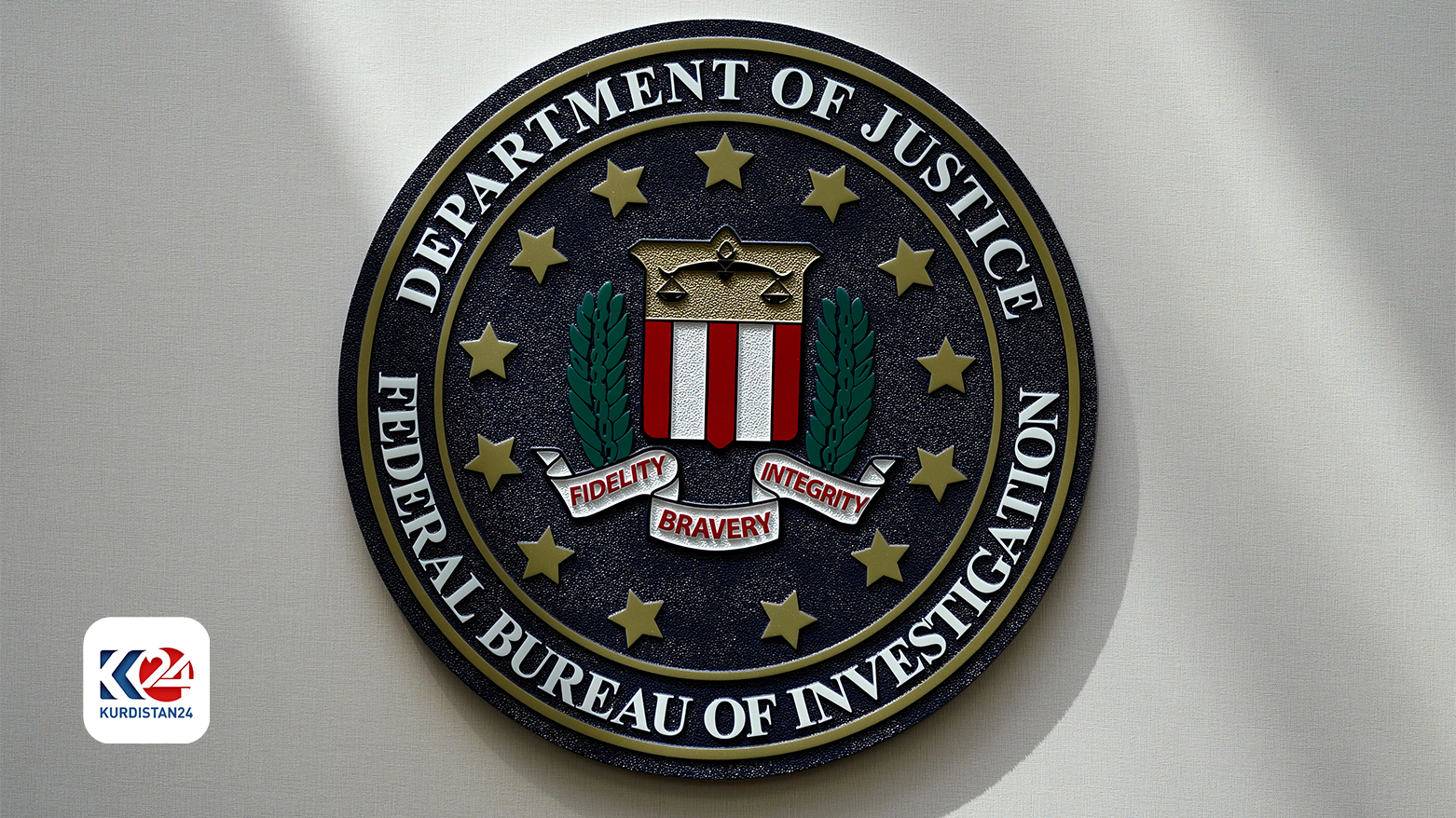US Charges IRGC Plot to Kill Donald Trump
Discovery of the planned assassination grew out of the earlier investigation into an Iranian plot against the Iranian-American dissident, Masih Alinejad.

WASHINGTON DC, United States (Kurdistan 24) The U.S. Justice Department unsealed a criminal complaint on Friday that includes the charge that Iran plotted to assassinate Donald Trump in the weeks before the Nov. 5 presidential elections.
Iran responded the following day, vehemently denying the U.S. accusation.
U.S. Charges against Iran
The U.S. discovery of the planned assassination grew out of its earlier investigation into an Iranian plot against the Iranian-American dissident, Masih Alinejad, a resident of New York City.
That plot was conceived in 2022 and was directed out of Iran by a 43-year-old citizen of Azerbaijan, who belonged to an Azeri criminal gang. The plot was discovered by the FBI and disrupted, before anything happened.
Read More: US: Iran behind Azeri criminal gang that plotted assassination of dissident in New York
However, it was followed by another attempt to kill Alinejad. Like the previous plot, those who would carry out the second plot were not Iranian. That would help Tehran hide its hand. But one of the conspirators, who has not been publicly named, informed the FBI about the plot, and the Bureau was able to follow the conspiracy and disrupt it, as well.
This plot was directed out of Iran by an Afghan national, Farhad Shakeri. Shakeri had immigrated to the U.S. as a child. As an adult, he became involved in criminal activity. In 1994, he was charged with robbery in the first degree. He pled guilty and was sentenced to 14 years in a New York state prison.
After his release in 2008, Shakeri was deported back to Afghanistan. Somehow, he became involved with the Islamic Revolutionary Guard Corps (IRGC.) At the time of this plot, he lived in Tehran.
At the direction of the IRGC, Shakeri contacted two residents of New York, whom he had come to know while in prison: Carlisle Rivera, 49, who lived in Brooklyn, and Jonathan Loadholt, 36, of Staten Island.
Shakeri remains in Iran, but Rivera and Loadholt were arrested, and on Friday, they appeared in a Manhattan courtroom, where a judge ordered their detention.
Shakeri essentially arranged a murder-for-hire plot with Rivera and Loadholt that targeted Alinejad. The plot began in December 2003, as Shakeri offered them $100,000 to murder her.
The two men surveilled Alinejad for several months, but little came of their effort, and by the summer, Shakeri was impatient with them.
In late September, Shakeri began to speak with the FBI by telephone. According to the criminal complaint, his stated reason for doing so “was to attempt to obtain a sentence reduction for another individual” serving time in a U.S. prison “by providing assistance to law enforcement on this individual’s behalf.”
Shakeri told the FBI that he had met with his IRGC contact on over a dozen occasions. The meetings, he said, generally took place in Tehran restaurants.
Shakeri also told the FBI that his IRGC contact had asked him to arrange the surveillance of two “Jewish businesspeople residing in New York City.” according to the complaint. The IRGC offered him $500,000 for the murder of each, he said.
Shakeri also told the FBI that in “mid-to-late September,” his IRGC contact asked him “to put aside his other efforts on behalf of the IRGC and focus on surveilling, and, ultimately, assassinating, former President of the United States, Donald J. Trump,” the criminal complaint states.
Shakeri responded that “this would cost a ‘huge’ amount of money,” the complaint says, to which the IRGC official responded, “We have already spent a lot of money. . . . [s]o the money’s not an issue.”
There have been two attempts to assassinate Trump. One occurred in July at a large outdoor rally in Pennsylvania. The would-be assassin actually killed an audience member and seriously wounded two others. But Trump was only slightly hurt, as a bullet nicked his ear.
The second attempt was in September, when another gunman sought to kill Trump at his Florida golf course. But the gunman was spotted by a Secret Service agent and arrested, before anything happened.
Neither plot has been tied to Iran, and it is unclear what the IRGC official was referring to, when he told Shakeri that Iran had already spent “a lot of money” in an attempt to assassinate Trump.
Indeed, as this charge appears to rest almost entirely, if not entirely, on Shakeri’s statements, it may not be true.
Iran’s Response to the U.S. Charges
On Saturday, the day after the Justice Department unsealed the criminal complaint, Iran issued a strong statement denying any involvement in the alleged plot to kill Trump.
A Foreign Ministry Spokesperson, Esmaeil Baghaei, denounced the charge as “totally unfounded,” while he affirmed that the Foreign Ministry “rejects allegations that Iran is implicated in an assassination attempt targeting former or current American officials.”